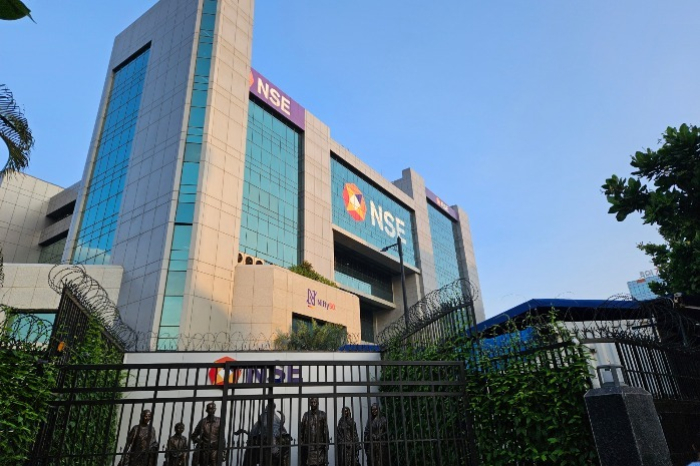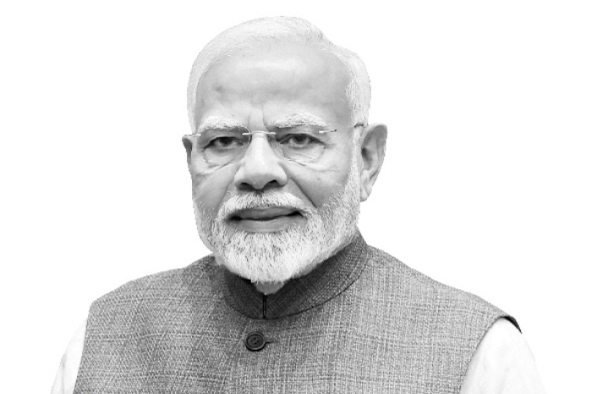
South Korean mom-and-pop investors have raised the stakes in Indian stocks, hoping that Donald Trump’s return to the White House can boost the South Asian country’s economy, replacing China.
On Thursday, India’s BSE Sensex ended down 1.06% at 79,541.79, losing 7.34% from its historic high of 85,836.12 recorded on Sept. 26 and erasing most of an over 9% gain in the first half.
The rapid fall in the Sensex index was driven by hefty selloffs by foreign investors who flocked to China betting on a recovery of the world’s No. 2 economy following Beijing’s pledges for significant stimulus measures in September.
In October alone, overseas investors dumped $11.8 billion of Indian stocks in net value.
This has resulted in dips in Korea’s exchange-traded funds tracking Indian equities. The Samsung KODEX India Nifty50 and the Mirae Asset Tiger India Nifty50 lost 0.46% and 0.36%, respectively, over the past month.
BUYING THE DIPS
But Korean retail investors saw the falls as opportunities to buy the dips and net-purchased about 8.1 billion won ($5.8 million) worth of the Samsung KODEX India Nifty50 ETF and 11.5 billion won worth of the Mirae Asset Tiger India Nifty50 ETF over the same period.

Korean investors’ bold bets on Indian equities have been driven by market expectations for a strong rebound in the Indian stock market following Trump’s victory in the US presidential election.
Considering that President-elect Trump has threatened to slap Chinese imports with 60% tariffs, trade tensions between the US and China could escalate to a new level, which could cause multinational companies’ exodus from the world’s second-largest economy and their rush to find new manufacturing bases in India, market analysts said.
“India is expected to enjoy great geopolitical benefits from Trump’s victory,” said Lee Jun-jae, a portfolio manager at Samsung Asset Management Co. “India’s importance in the global supply chain will rise further as an alternative to China.”
INDIA, THE RISING GIANT IN THE GLOBAL SUPPLY CHAIN
To unlock the opportunities, the Indian government has been upping the ante to woo foreign companies fleeing China.
The administration under Prime Minister Narendra Modi has earmarked a historic high of 11 trillion rupees ($130.4 billion) for the country’s infrastructure investment and lowered the country’s corporate tax rates for foreign companies by 5 percentage points.

“The Indian government has not yet used 8.5 trillion rupees of the 11 trillion rupees,” said Hyun Dong-sik, head of the overseas business division at Korea Investment Management Co. “Because the (Indian) government’s incentive budget is on a steady growth, the country’s economy is set to continue growing on stimulus measures in the second half.”
In anticipation of further growth in the Indian economy, Korean asset managers have rushed to launch new financial products investing in Indian securities.
In May, Samsung Asset Management listed the Samsung KODEX India Tata Group ETF with Tata Group’s companies as underlying assets.
Mirae Asset Global Investments Co. also rolled out the Mirae Asset Tiger Indian Billion Consumer ETF composed of India’s top 20 consumer brands in the same month.
Considering that India is one of the young emerging markets with its population’s median age at 29.5, the country’s economy is expected to enjoy an increase in domestic consumption driven by higher wages.
In September, Korea Investment Management Co. debuted two active Indian ETFs – ACE India Consumer Power Active and ACE India Market Representative BIG5 Group Active – which focus on growth sectors in India.
By Hyun-Ju Yang and Man-Su Choe
hjyang@hankyung.com
Sookyung Seo edited this article.















